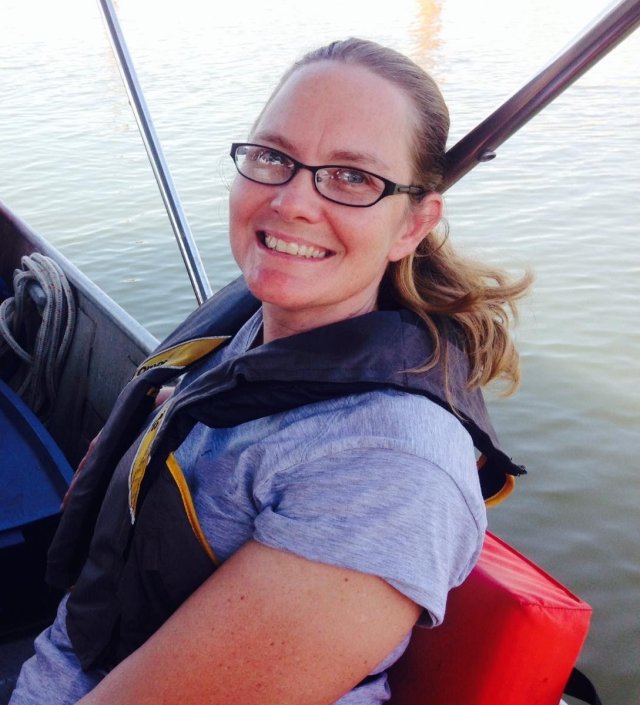Meet EPA Quality Assurance Manager Cindy Fields

Cindy Fields is responsible for implementing EPA’s quality assurance policy and procedures in region 10. Prior to coming to EPA, Cindy worked with environmental information for 20 years, from the laboratory bench to leading field efforts and supporting environmental information operations as a project chemist, quality assurance manager and data validator.
How does your science matter?
One of my chemistry professors would ask us, “How do you know what you know?” Quality assurance provides the answer to that question. Planning, assessments, and continual improvement are the paths that lead to being able to support your work. I teach people how to develop data quality objectives, write a quality assurance project plan, and perform assessments of the work once it is completed. I serve as the technical expert for region 10’s quality assurance team. My goal is to be a resource for everyone performing work for EPA, from the smallest of grantees to our remedial project managers in charge of the largest and most visible Superfund sites.
What are you working on right now?
I am currently in the planning stages to assess one of our state partner’s quality programs. These assessments provide an opportunity for EPA to support our state and tribal partners that maintain delegated authority from EPA to manage their own quality systems.
Tell us about your background.
I used to be afraid of science. Growing up, I loved nature walks and rock collecting. I was riveted on field trips to natural areas, and I couldn’t watch enough nature shows to satisfy my curiosity. But once I started college, I just thought I wasn’t smart enough to perform well in science. I delayed all of my science requirements for as long as I could. Eventually, I enrolled in botany, astronomy, logic, and geology classes – all at the same time – and imagine my surprise when I discovered that I LOVED it! I eventually earned a Bachelor of Science from The Evergreen State College, a non-traditional, inter-disciplinary liberal arts college that allows students to choose the subjects they want to pursue without the constraint of traditional majors. My path led me to a wide range of environmental topics: analytical and geochemistry; forestry, native plant identification, and wetland delineation; analysis of ecosystems using geographic information systems and environmental planning and policy.
When did you first know you wanted to work in environmental science?
I was with my future husband, on a vacation to Puerto Rico, taking a break from my studies while I tried to figure out what to pursue next. I was standing in an environmental learning center in El Yunque National Forest when it hit me like a lightning bolt. THIS. This is what I wanted to do. At the time, I didn’t know what “this” meant, but suddenly I realized that learning about the ecosystem around me and understanding humanity’s relationship to it ignited a passion in me that I had never experienced before.
What do you like most about your job?
I like knowing that the work I do will result in information that is useful, defensible, and sufficient to answer a variety of questions that people have, whether the questions come from a classroom of curious kids, or a brilliant researcher dedicated to improving the lives of people everywhere.
Why is participatory science important?
The best questions come from the heart. Participatory science is another way to show your love for your community and the environment.
If you weren’t a scientist, what would you be doing?
I would love to be a farmer and a chef! Growing fruits and veggies, fermenting foods and beverages, baking bread, making cheese, perfecting my favorite meals and baking birthday cakes for all my friends! After all, it’s still chemistry!
What advice would you give a student interested in a career in science?
Feed your curiosity and be a life-long learner. Look for inspiration in those places that seem intimidating. Never stop reading and learning about the work of scientists from the past and present on your path to be our future!
What advice would you give someone who is interested in getting involved in a participatory science project?
Resources exist to help you. Build your network and ask for help. Find a volunteer project that ignites your interest and invite your friends or family to chip in.
Editor's Note: The opinions expressed herein are those of the researcher alone. EPA does not endorse the opinions or positions expressed.
